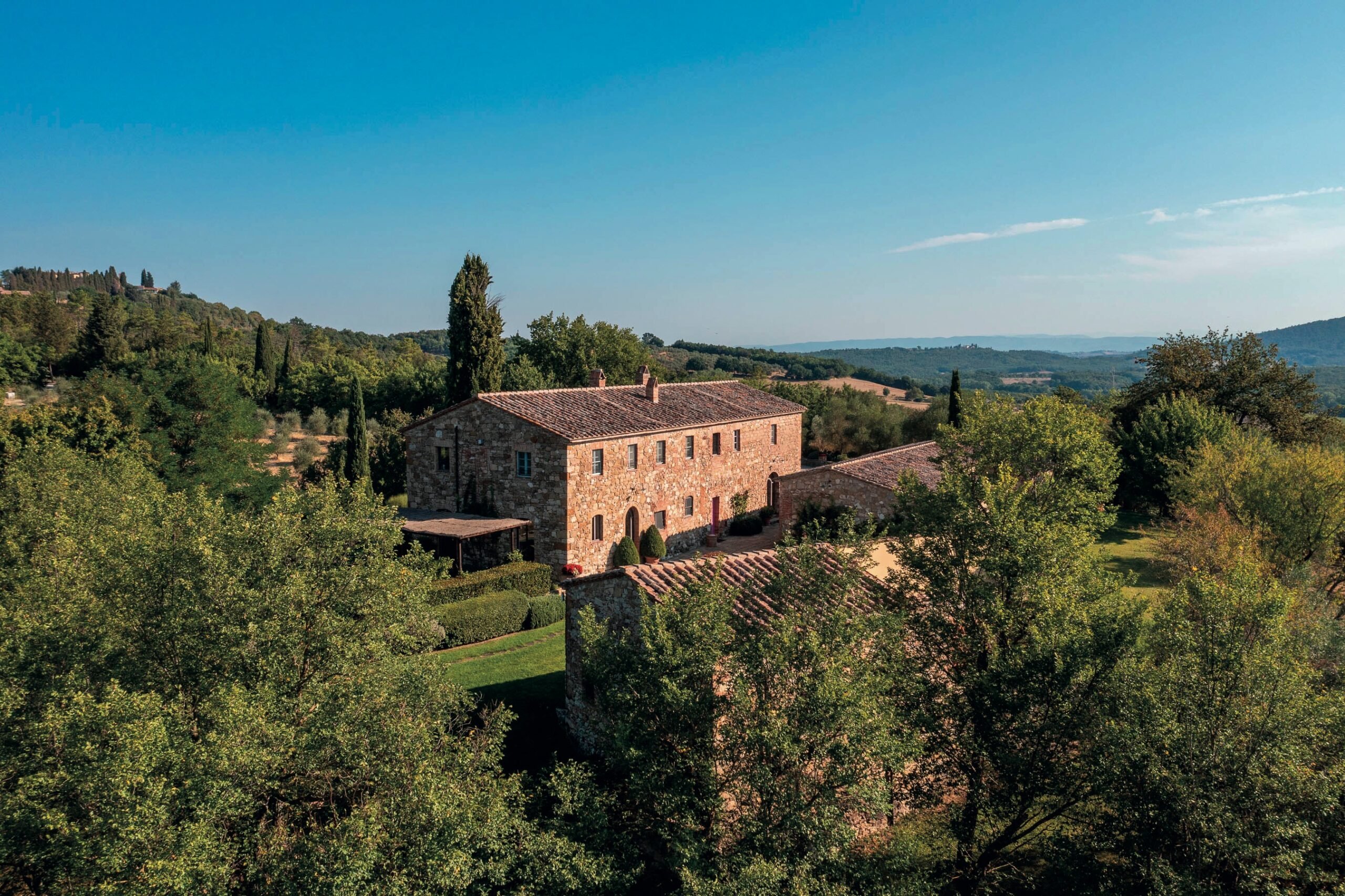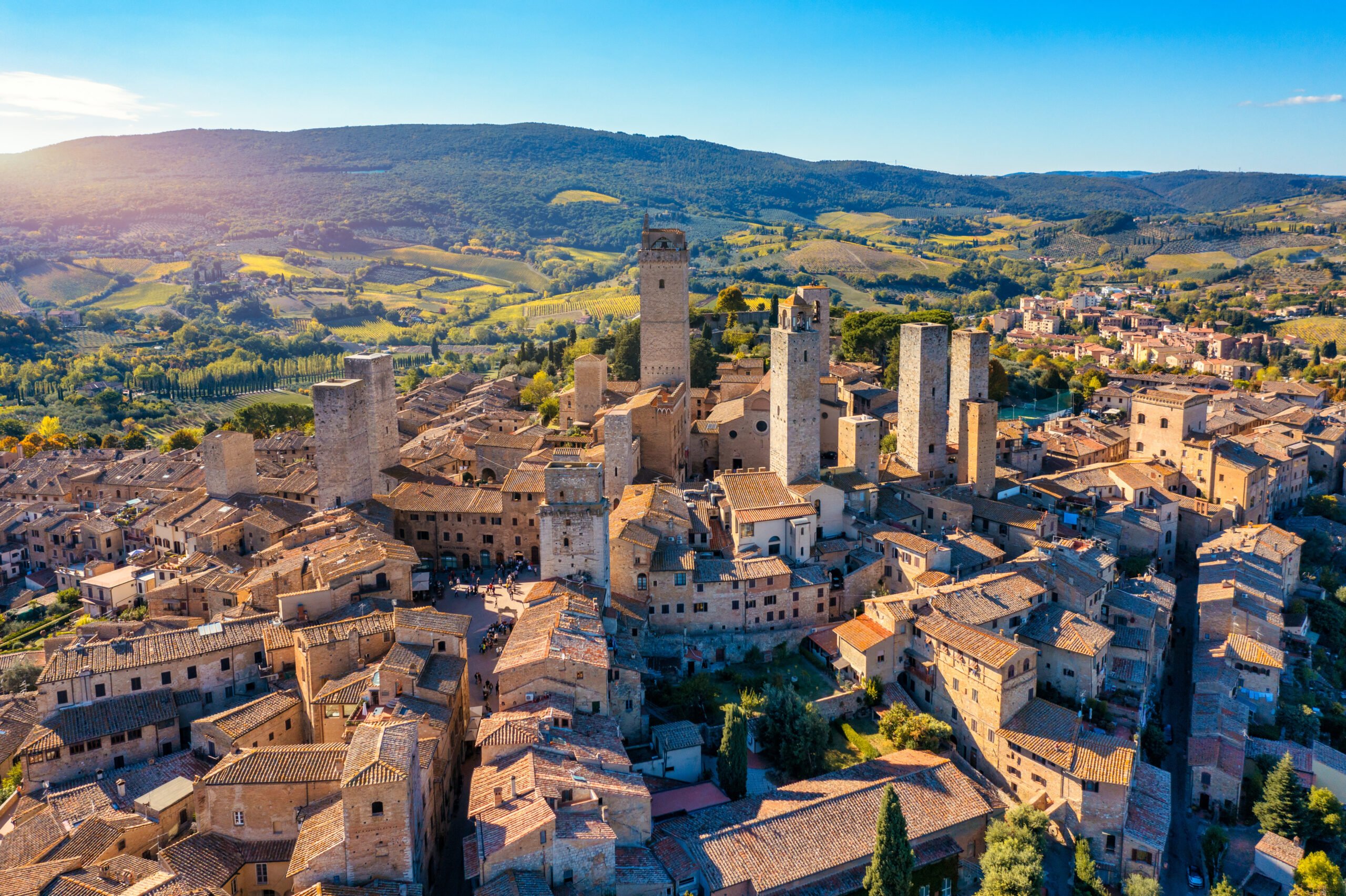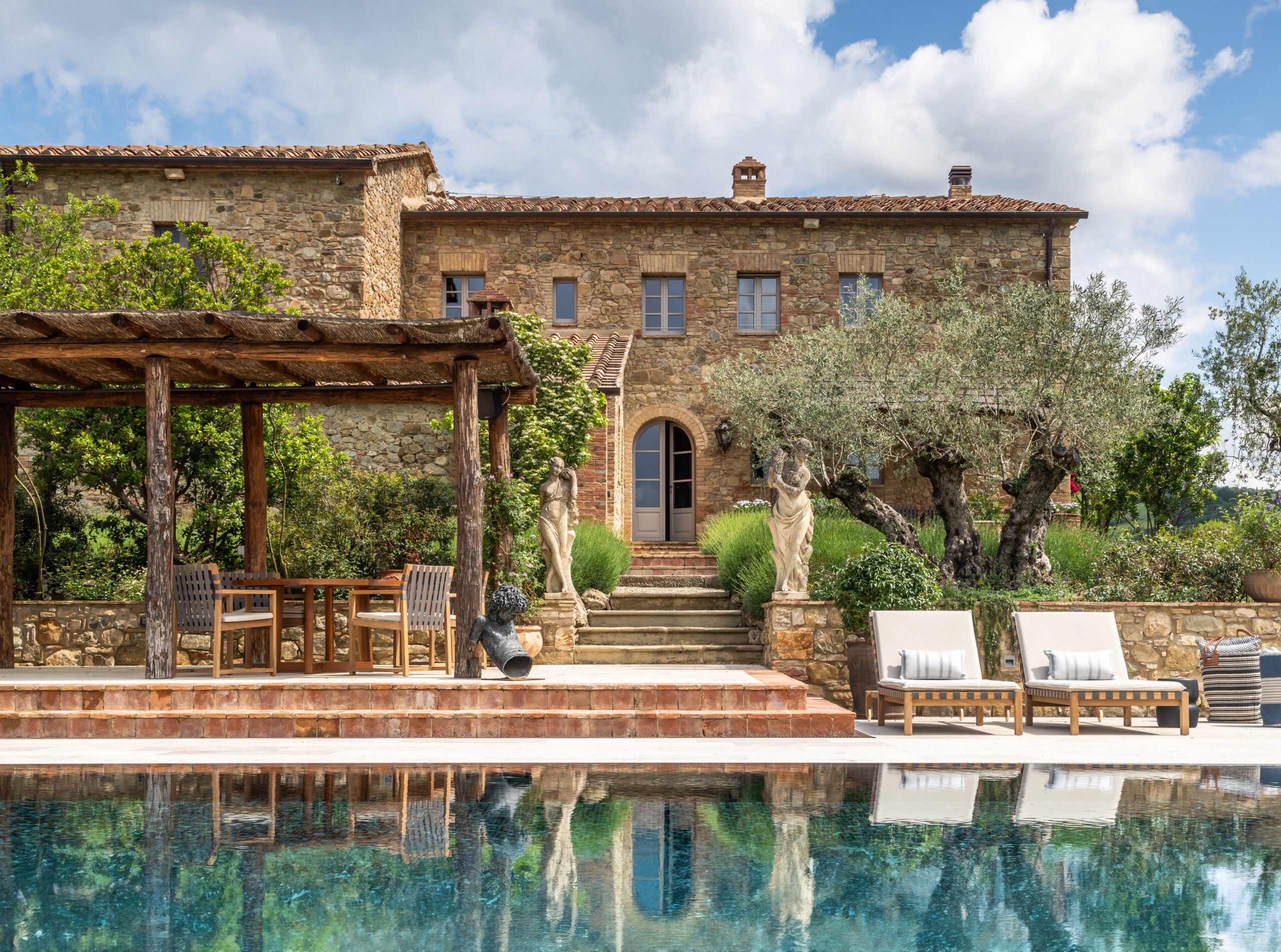Buying Property In Italy (Without going insane)
September 06, 2017

Buying Property In Italy (Without going insane)
Buying property that you wish to restore and enhance in Italy has long been synonymous with headaches, heartaches and years of frustration. Ask anyone who has tried to “go it alone” and they will tell you about the tangled web of bureaucracy, the snail’s pace of contractors, and the unfortunate surprises that happen when you try to bring a 400-year-old home up to 21st century standards.
They will tell that it is a lot like Under the Tuscan Sun … only worse. But it doesn’t have to be that way.
The Anecdotes are everywhere
For many, the dream of owning property in Italy — especially in the Tuscan countryside — is too powerful to resist. Yet countless barriers often make this dream seem like a mirage.
“We know of someone who bought an estate in Todi,” says Bret Robins. “He had purchased a beautiful property, then spent four years trying to permit and entitle the property. At the end of the day, he hadn’t even finished the villa before he put it back on the market. It became a full-time job that he just didn’t want.”
And as writer Nicholas Farrell soberly put it when sharing his personal experience in a column for The Telegraph UK, “you have to be patient otherwise you will go insane.” Farrell’s efforts to buy a five-bedroom home near Ravenna were meticulously chronicled in a separate article, in which he details the previous 15 months of agonizing back-and-forth with the seller, the surveyor, and the local authorities, all because of a centuries-old barn without modern-day documentation. Ultimately, he was presented with three choices: tear down the beautiful building, back out of the transaction, or keep pursuing legal action.
But, as he points out, “the average time the courts take to resolve a civil action in Italy is 2,000 days — seven years — according to figures just out.”
A Better Way ...
So what’s a dreamer to do?
Rising from the morass of Italian second-home ownership is Casali di Casole – A Timbers Resort. Scattered across the sprawling estate, 100- to 160-acre farms can be purchased, renovated and customized completely to the Owner’s exacting standards — with all the paperwork and contractor consulting handled by Timbers Resorts.
“Owning one of these farms can truly become a creative experience for Owners,” says Robins. “The entitlements are already in place, the permitting we handle — they can just be creative and make the farm what they want it to be.”
And while Castello di Casole has won recognition for its preservation efforts across the estate, Owners can have significant leeway to design these homes the way they want.

“We’ve had clients go very modern with the interior decor, others stay true to the Tuscan look,” Bret continues. “And we have had a client who opted for a French-country feel to their design. We’ve even seen Owners convert their farm’s out-building to accommodate gyms and yoga studios.”
One-Of-A-Kind Amenities
The farms include vineyards, olive groves, fruit orchards and wheat fields, all situated around a luxury farmhouse that serves as a genuine escape from it all.
“If you look out over the landscape of Casali di Casole, it looks very much as it did 300 years ago,” Bret adds. The fields, vineyards and forests are important to preserve for this reason, and many of the entitlements determine what these plots of land can be used for. But many of the Owners delight in creating a vision for their land. “If we have an Owner come to us, asking to increase the olive orchard on their land by 1 or 2 hectares, we have the flexibility to do that.”
Add to this the prospect of enjoying all of the resort amenities and fine dining at Castello di Casole — which was recently recognized by the readers of Travel + Leisure as the Best Resort in Europe and best Hotel in Italy for the 5th year in a row — and Owners have it all.
Except for the headaches, that is.
After you explore ownership options, take a look at all of the food and culture that Tuscany has to offer! Here’s an article to get you started: All Saints Day.






